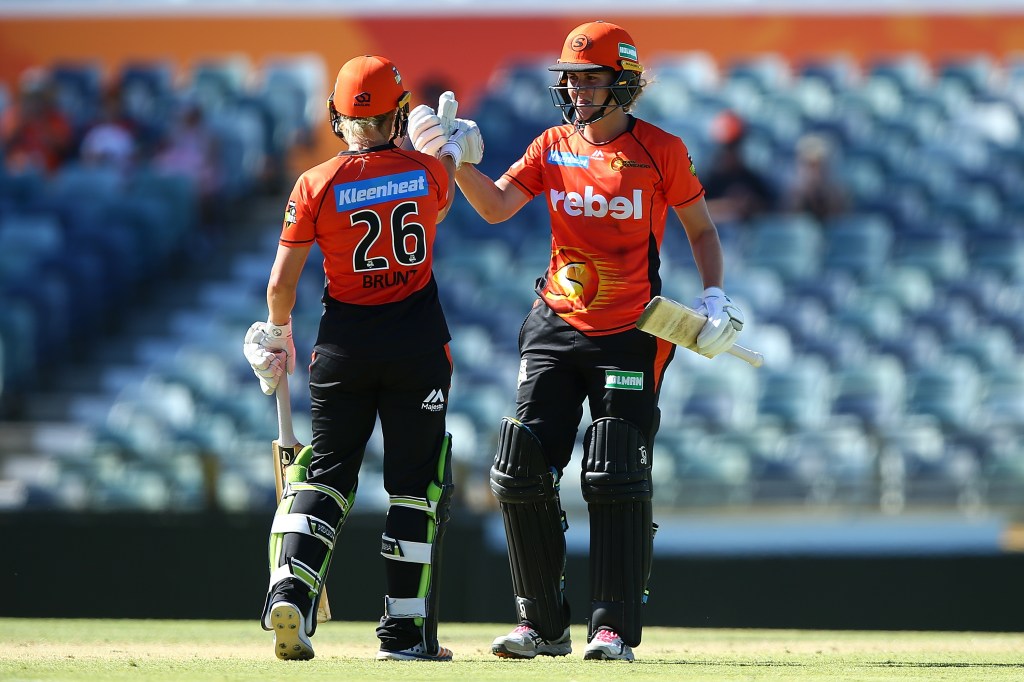Cricket Australia isn’t bowing to anti-trans pressure
Cricket Australia has confirmed that it has no plans to bow to anti-trans rhetoric and exclude transgender athletes from competing in the division that aligns with their gender.
That assurance came from Cricket Australia’s chief executive Nick Hockley over the weekend, in response to the news that the International Cricket Council (ICC) would be introducing new “gender eligibility regulations” that restrict transgender athletes.
Following in the footsteps of other global sports federations like the International Swimming Federation, World Rugby, World Athletics, and World Cycling, the ICC announced last month that any athlete who had been through male puberty would not be permitted to compete in the international women’s game.

The decision was yet another blow to the few transgender athletes who have repeatedly been blocked from competing in their sport from community to elite levels.
In response to the ICC’s policy change, Cricket Australia has now pledged to keep domestic competitions inclusive of trans athletes.
Speaking to Sydney’s Daily Telegraph, Hockley said: “We were really proud in 2019 to put out a leading set of transgender guidelines, both for the community and for elite cricket, and they were based absolutely on the philosophy of inclusion.
“The ICC guidelines go a bit further in terms of it takes quite a scientific approach. We’ve expressed that we think that inclusion is the priority, so we will continue to work with the ICC to express our views.”
Cricket Australia’s transgender guidelines state that transgender women may compete in elite-level domestic women’s competitions if they have maintained testosterone levels of less than 10 nanograms per deciliter for 12 months before being nominated for a team.
Meanwhile, community-level women’s competitions are even more inclusive, and simply require transgender athletes wishing to compete to demonstrate a “commitment that their gender identity is consistent with a gender identity in other aspects of everyday life.”
Hockley noted that, for now, there are no transgender cricketers in Australia hoping to play at an international level, so the ICC’s decision has no direct impact on Australian Cricket.
But that won’t stop Cricket Australia from pushing for more inclusive policies from the ICC.
“I think we need to be really inclusive and we also need to be very mindful of player wellbeing and mental health considerations as well,” he said.
Although Hockley suggests that the ICC’s policy change was based more in science than in inclusivity, there is little-to-no scientific evidence to back up their stance.
Like other sports federations, ICC linked their decision to exclude transgender athletes to the “protection of the integrity of the women’s game, safety, fairness, and inclusion.”
That’s despite a lack of scientific evidence to support the claim that transgender women would have an athletic advantage over cisgender women.
For example, a 2023 report from the Canadian Centre for Ethics in Sport determined that, if existing rules are followed, trans women who have begun testosterone suppression do not have any biomedical advantage over cisgender women in elite sport.
The report also found “strong evidence” that “elite sport policy is made within transmisogynist, misogynoir, racist, geopolitical cultural norms”.
Similarly, a 2017 study from Sports Medicine concluded that there was “no direct or consistent research suggesting transgender female individuals have an athletic advantage at any stage of transition, and therefore, competitive sports politics that place restrictions on transgender people need to be considered and potentially revised.”